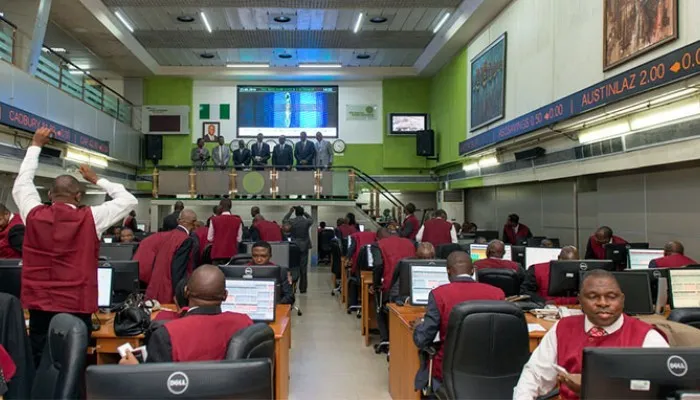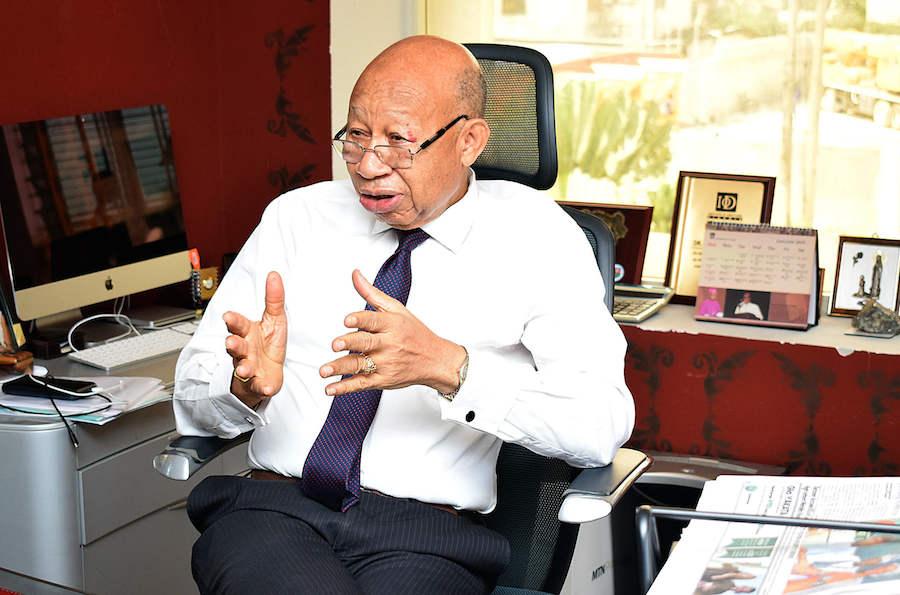Adedayo Akinwale in Abuja
The Independent National Electoral Commission (INEC) has declared that the petition for the recall of the Senator representing Kogi Central, Natasha Akpoti-Uduaghan did not meet constitutional requirements.
INEC National Commissioner and Chairman, Information and Voter Education Committee, Sam Olumekun, in a statement issued Thursday said the commission arrived at the conclusion after it considered and approved the report of its physical count of the signatures/thumbprints forwarded with the petition in line with Clause 2(b) of the Regulations and Guidelines for Recall 2024 at its meeting on Thursday.
He recalled that the Commission had assured Nigerians that it would handle the matter with fairness to the parties involved and in line with the provisions of the law and our Regulations and Guidelines.
Olumekun said: “First, we ensured that the petitioners complied with the requirements for the submission of the petition.
“Secondly, we notified the member sought to be recalled in writing, copied the presiding officer of the Senate and simultaneously published the notice on our website.
“Thirdly, we informed Nigerians that the next step would be to carefully ascertain the number of signatures/thumbprints to ensure that the petition complies with the requirement of the law. This exercise has now been completed.”
Olumekun emphasised that a petition for the recall of a Senator must comply with the provision of Section 69(a) of the Constitution of the Federal Republic of Nigeria 1999 (as amended) which requires the signatures of more than one-half of the registered voters in the constituency.”
He added: “The total number of registered voters in the Kogi Central Senatorial District is 474,554. More than one-half of this figure (i.e. 50%+1) is 237,277+1 which is at least 237,278 voters.
“Across the 902 Polling Units in 57 Registration Areas and five Local Government Areas that make up the Senatorial District, the Commission ascertained 208,132 signatures/thumbprints from the submission made by the petitioners.
“This translates to 43.86 per cent of the registered voters which falls short of the constitutional requirement by 29,146 signatories.
“Consequently, the petition has not met the requirement of Section 69(a) of the Constitution. Therefore, no further action shall be taken on the recall of the Senator.”
Olumekun stressed that in line with the provision of Clause 2(d) of the Regulations and Guidelines for Recall 2024, the Commission has issued a Public Notice to that effect which is also copied to the presiding officer of the Senate.
He noted that the Public Notice, along with a summary of the review of the signatures/thumbprints of the petitioners, which are disaggregated by Local Government Areas, are available on its website and social media platforms for public information.



